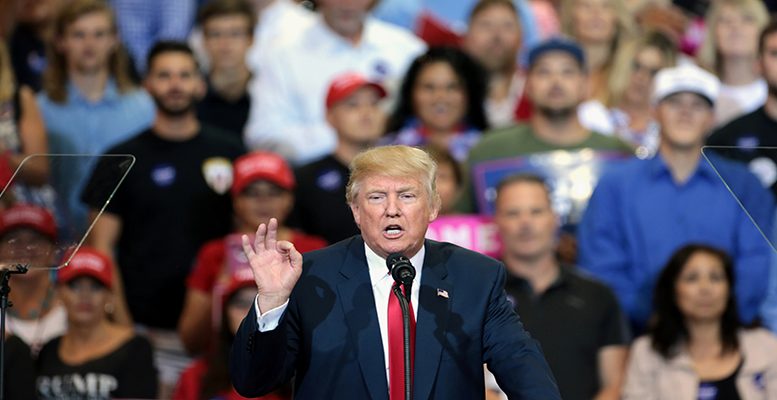Chris Iggo (AXA IM) | The symbolism of President Trump testing positive for coronavirus will not be lost on market participants and economists. With little confidence that infection rates are falling, one reaction might be that economic behaviour becomes more restrictive again. We might need to again refocus on high frequency mobility data to get a clue on where economies go in the run-in to year-end. As importantly is the uncertainty that it brings to the US election and everything else that flows from that.
Election uncertainty ramps up – The news that President Trump and his wife have tested positive for COVID-19 has added to sense of short term uncertainty around the US political situation. Coming after last weeks’ reports about the President’s tax affairs some will take the view that re-election is even more unlikely now. However, it will be important to see what the opinion polls say. The campaign will clearly be impacted as the President won’t be able to appear in person at debates or rallies. However, health providing, he will perhaps use Twitter even more.
At this stage the world does not know whether the President is suffering any of the symptoms of COVID-19 but it has opened up lots of potential scenarios, just a month away from the election. Needless to say, market volatility is likely to notch up as the odds of different outcomes fluctuate. Many things – from US-China relations, post-election tax policy, the US’s relationship with global institutions, trade, climate change progress, social cohesion in the US –depend on how a 74-year old man reacts to getting a virus that has claimed over a million lives globally this year. Even with a full recovery, the news has changed the election dynamics, might change the way some intend to vote and how they reflect on the nature of the current Administration and its legacy.





